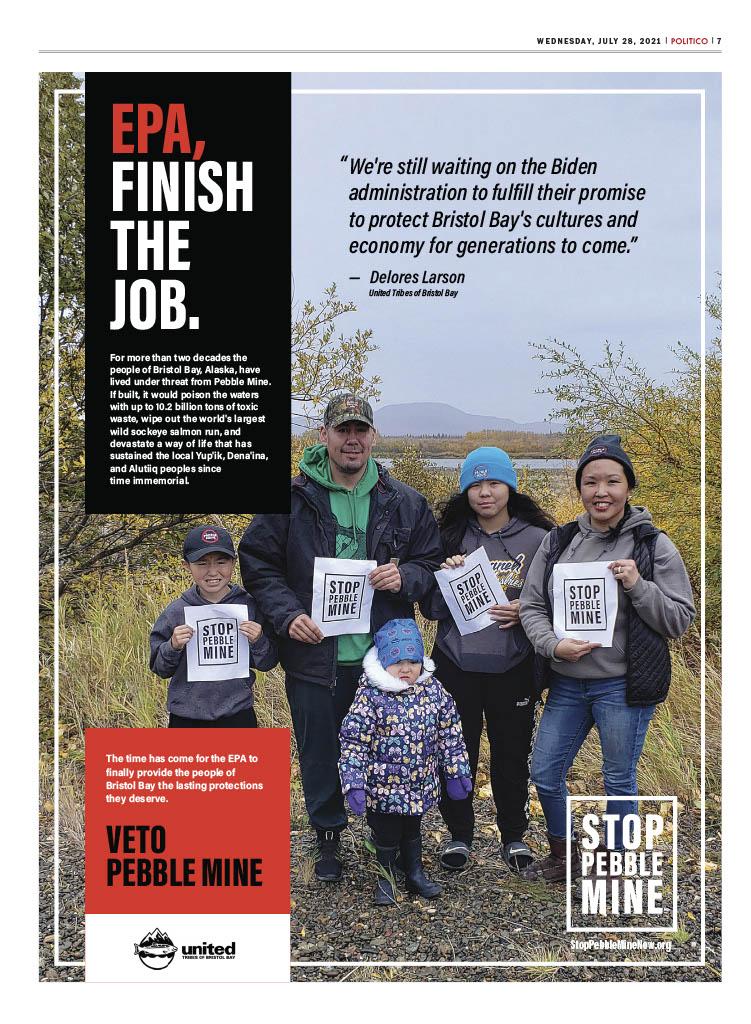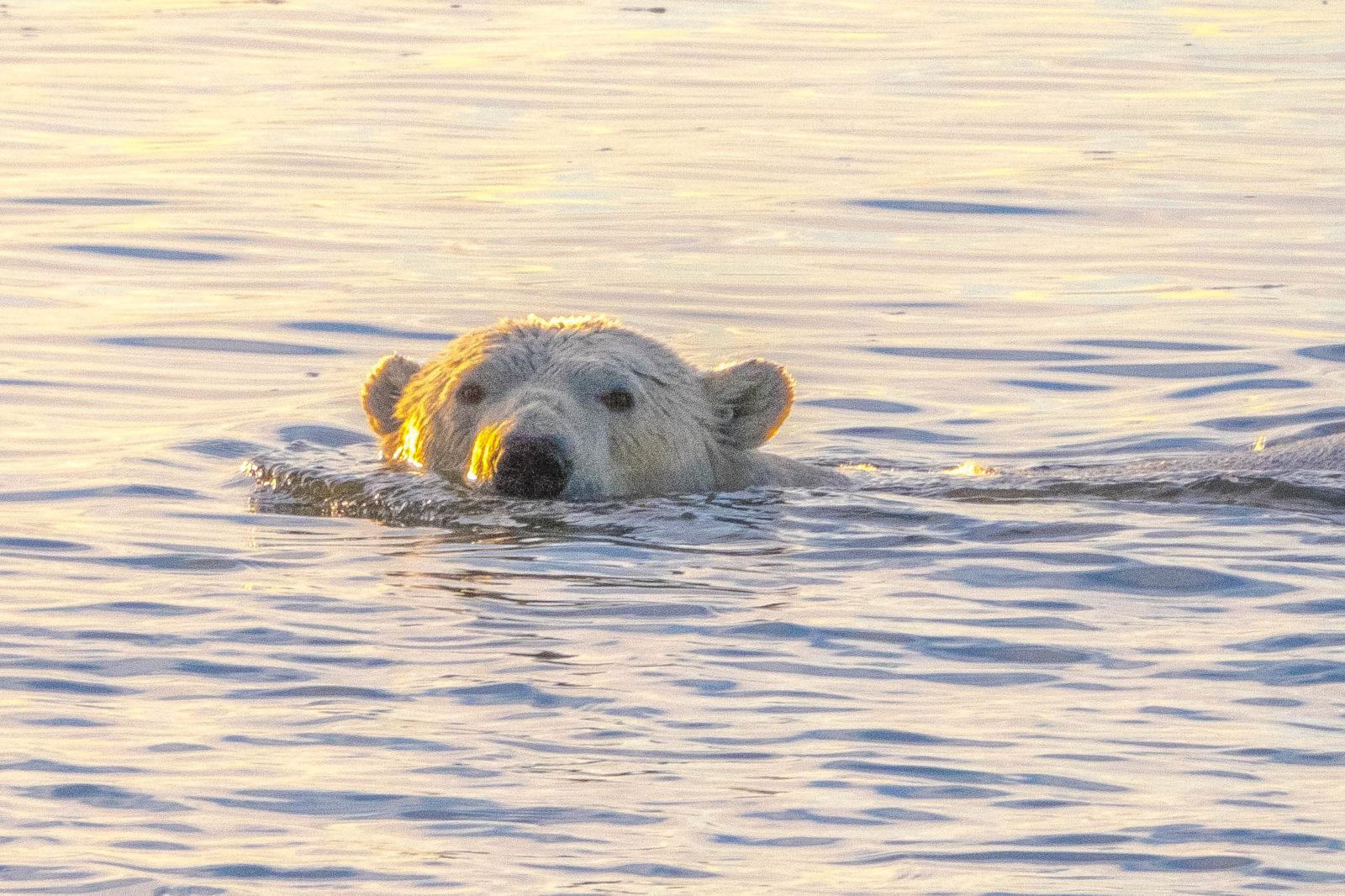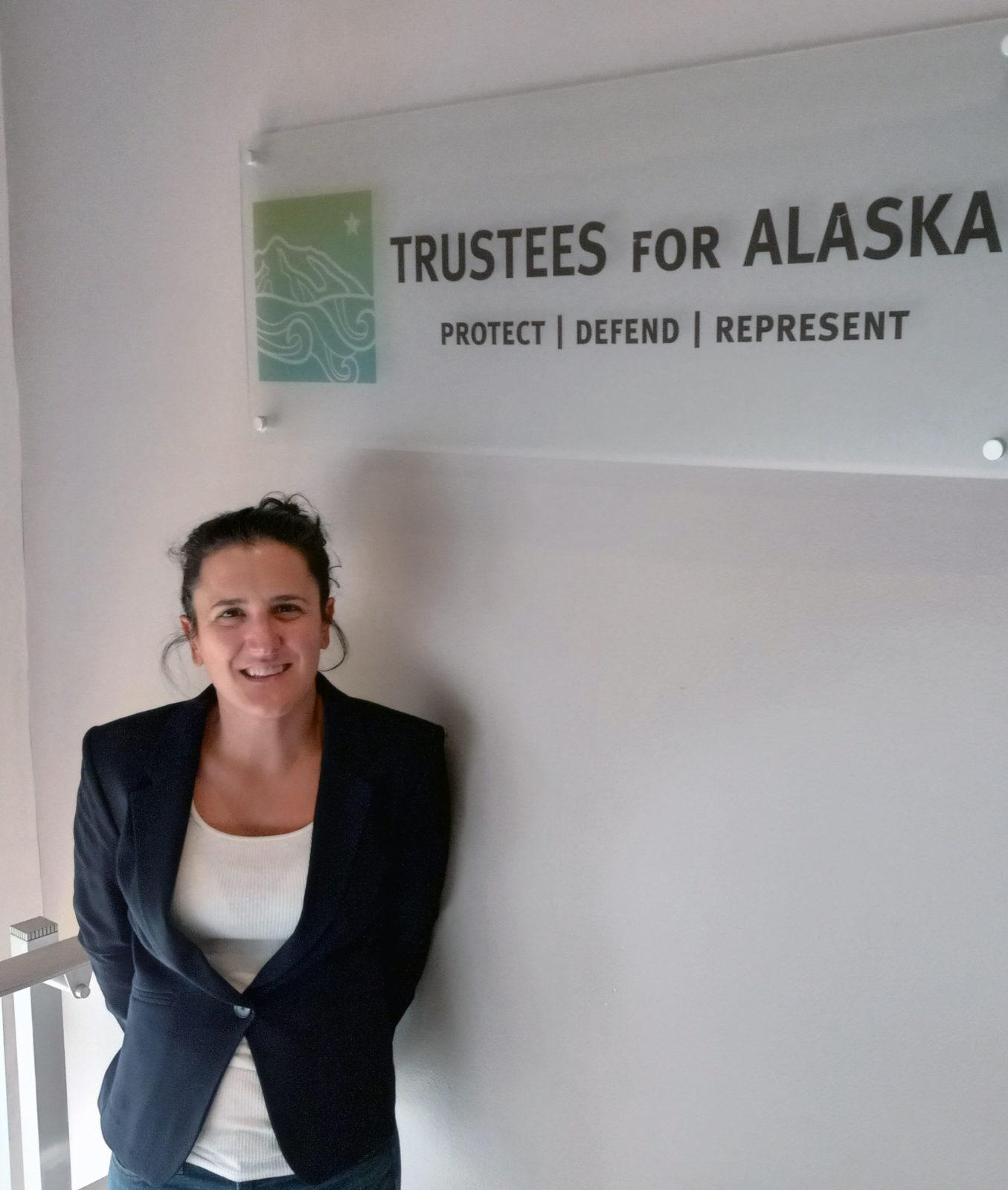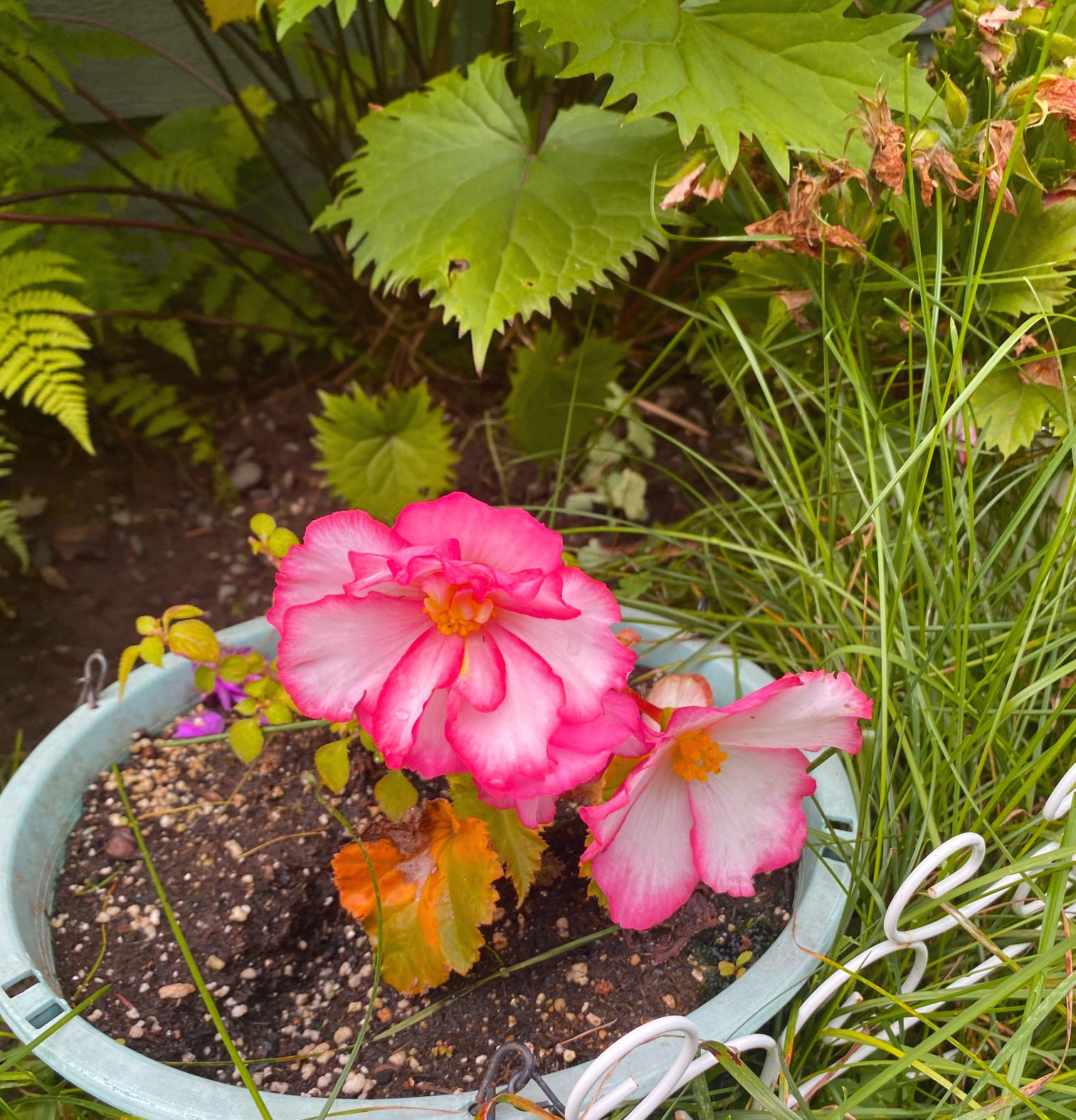
Alaska News Brief August 2021: When the raspberries pop
The raspberries in my yard started to pop this week, sweet and plump, and fiery purple fireweed blooms started to reach their peak. It gets dark now, too, and animals fervently prepare for winter—as do we.
August tells me to gather and process food, button up summer projects, finish chores, prepare for winter, and soak up the last warmth of sunny (though cooler) days every chance I get. Predictably, and also suddenly, summer’s end foretells itself via wilted flowers and late season blossoms, growth surges and decay.
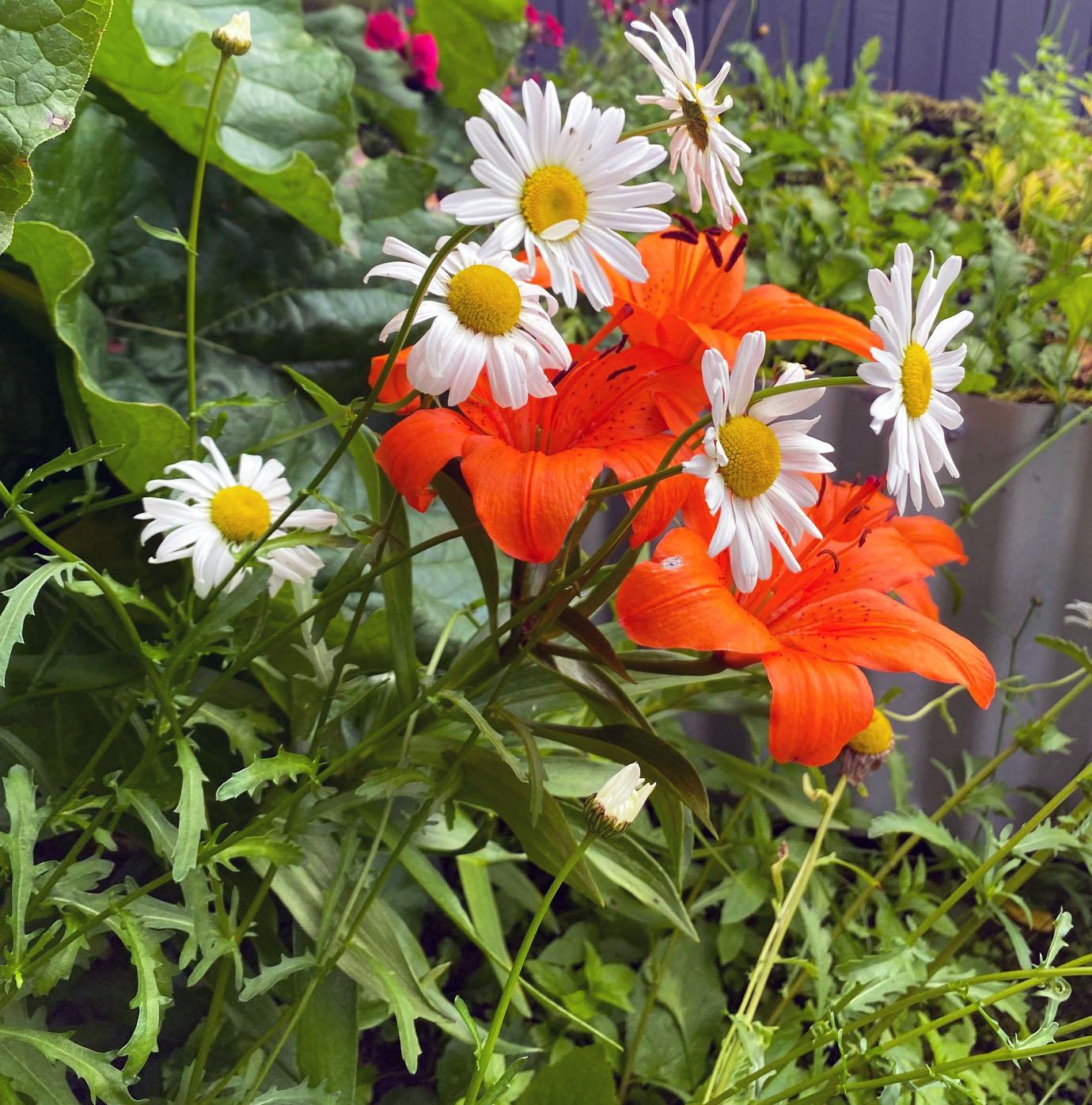
I think now about the way seasons guide our behavior as I look to the year ahead for Trustees. Our fiscal year ends next month, and a new budget with updated plans and goals will lead us through the next one. It’s impossible to know everything we need to prepare for—the pandemic reminded us of that—but we ready ourselves for all known contingencies, and we build in flexibility for what we don’t know, too.
For lawyers, this means researching and preparing for an array of court actions, legislative actions, and directional shifts, while giving ourselves resources for the unexpected, and making sure we support our clients in doing the same.
For our management team, this means working with everyone at Trustees to build a budget with work plans and goals that put shared values out front, so that we can keep doing our work in times of crisis and tumult by creating healthy ways of solving problems together.
For our organization, this means making sure everyone has what they need, that everyone’s heard, that we make room for our health and resilience, and make difficult decisions and changes because we give ourselves time and have spent time developing our skills to work through our discomfort.
This kind of work doesn’t adhere to a fiscal year or end date, of course. It’s the work of being human. It’s the work of building caring and resilient relationships and organizations.
When COVID hit last year, many of us felt unprepared
Plenty of people were sounding the alarm about pandemics, and specifically about coronaviruses, but decision-makers decided to discard the best-laid plans and disband those who could implement them.
Even now, after all we’ve learned and experienced, some folks have given up on doing anything and seem to throw up their hand as if saying, “I’m done with this.” But the “this” is not done with us, anymore than the climate emergency is done with the planet.
You know, Alaskans often talk about themselves as people who know how to handle an emergency in an environment that affords very little wiggle room for mistakes. Folks cache what they need for an emergency in their trucks, homes, and work spaces—warm weather gear, tow ropes, flashlights, first aid and earthquake kits, shovels—and we revel in the well-worn stories of Alaskans who will stop to help someone on the side of the road or trail.
To me, pulling someone out of a ditch, wearing a mask, keeping someone warm, getting immunized, sharing food all really rise from the same ethos. It’s about caring about others and doing the right thing for each other’s health and safety, even when it’s inconvenient or uncomfortable.
We’re all human and we’re all going to experience individual and shared crises that we didn’t see coming.
Truth is, people make it through these things because they’ve prepared to do the one thing that really matters—help each other out.
Looking back, I realize that preparation can mean making plans and lists, and gathering materials or supplies, and it can also mean having the will necessary to do what it takes for the health and well-being of all–for as long as it takes.
May we all tuck extra will and humanity into our go-packs!
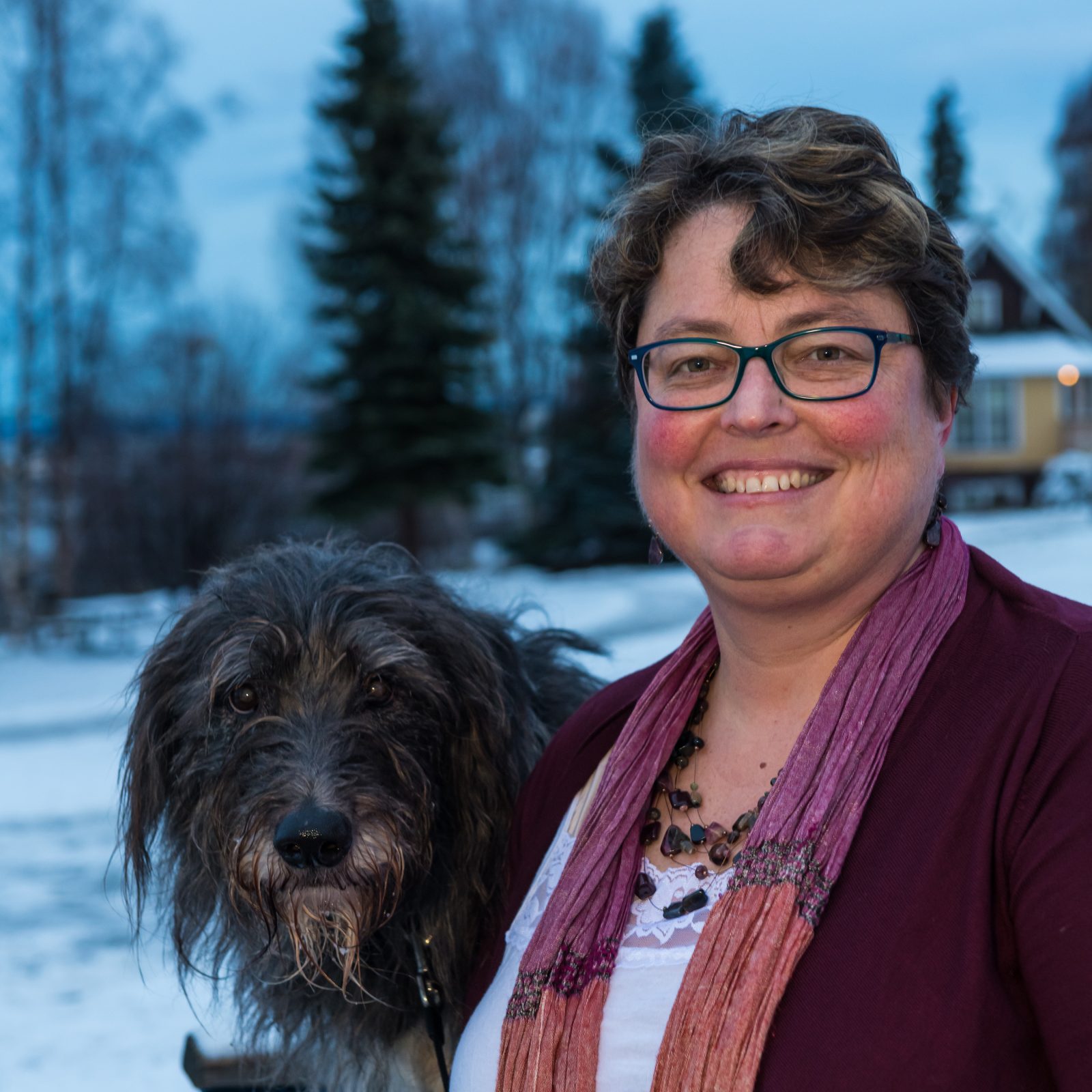

Vicki Clark, executive director
PS. Thanks to supporters like you, we can continue fighting to protect Alaska’s land, water, air, wildlife and people!
Biden regulation imperils polar bears
Courtroom déjà vu: Protecting Izembek Refuge again
